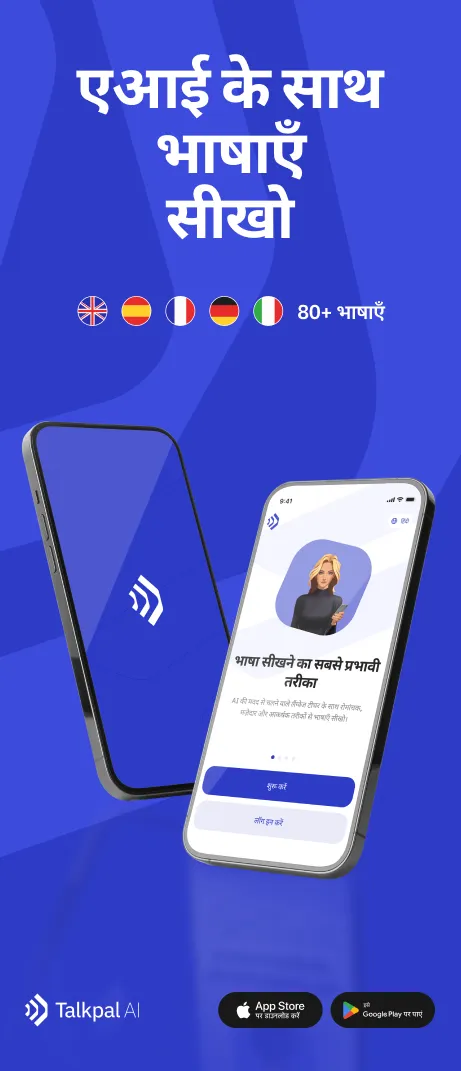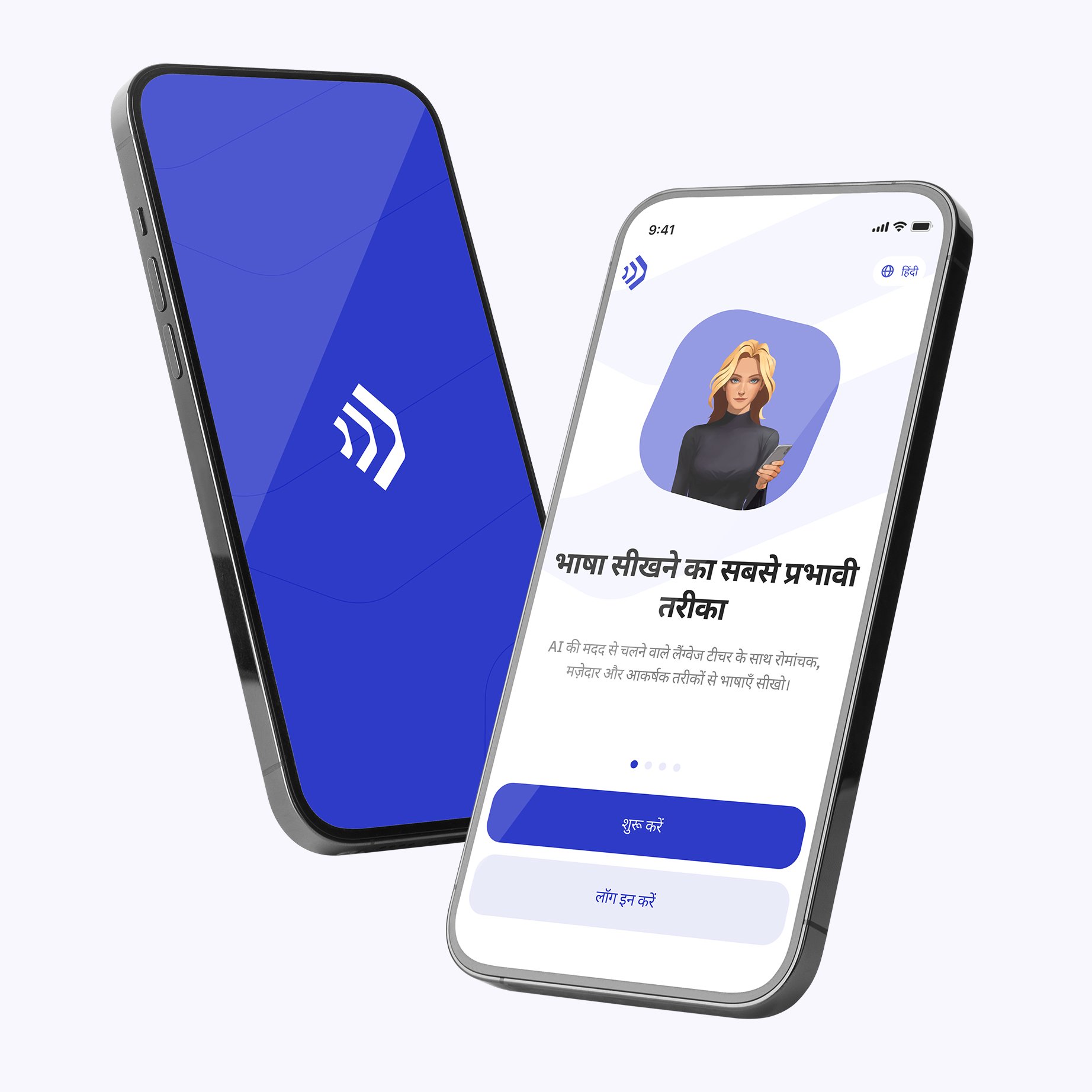इस व्यायाम का उद्देश्य आपको Simple Past और Past Progressive Tenses के बीच भेद करना सिखाना है। यहां प्रस्तुत अभ्यासों के जरिये आप सीखेंगे कि कैसे इन दो कालों का सही प्रकार से प्रयोग करना है। प्रत्येक वाक्य में रिक्त स्थान बनाकर आपको सही रूप से भरना है जिससे कि आपकी योग्यता और ज्ञान में वृद्धि हो सके।
Exercise 1: Simple Past and Past Progressive Usage
While I *was reading* (verb) the book, my brother played video games.
She *finished* (verb) her homework before she went to the cinema.
They *were playing* (verb) football when it started to rain heavily.
The children *slept* (verb) through the entire movie last night.
I *did not hear* (negative) the thunderstorm last night because I was wearing earplugs.
He *was watching* (verb) TV when the power suddenly went out.
When the principal entered the room, all the students *stood* (verb) up.
The cat *was sitting* (verb) on the windowsill the whole afternoon.
As I *was walking* (verb) to the park, I met my old friend.
She *turned* (verb) off the lights before she left the room.
Why *were you laughing* (question) when she entered the classroom?
The player *sprained* (verb) his ankle during the final match yesterday.
Mary *made* (verb) a beautiful painting last weekend.
We *were driving* (verb) to the beach at this time last Saturday.
He quickly *closed* (verb) the door because it was freezing outside.
Exercise 2: Fill in the Missing Verbs in Simple Past or Past Progressive
Yesterday, he *went* (verb) to the dentist’s office.
We *were waiting* (verb) for our friends when the show started.
Last month, they *traveled* (verb) to Japan for the first time.
She *was having* (verb) breakfast when you called her.
Thomas *fell* (verb) off his bike and hurt his knee.
While the teacher *was explaining* (verb) the lesson, the students took notes.
It *started* (verb) raining just as we left the house.
I *did not understand* (negative) the movie because it was in Spanish.
When I arrived at the party, everyone *was dancing* (verb).
They *did not believe* (negative) her story because it sounded too incredible.
Was she *waiting* (question) for you when you got there?
The dog *was barking* (verb) all night and no one got any sleep.
Grandma *knitted* (verb) a sweater for you last weekend.
I *was learning* (verb) new English words when I received your message.
You *did not remember* (negative) to send the letter, did you?










